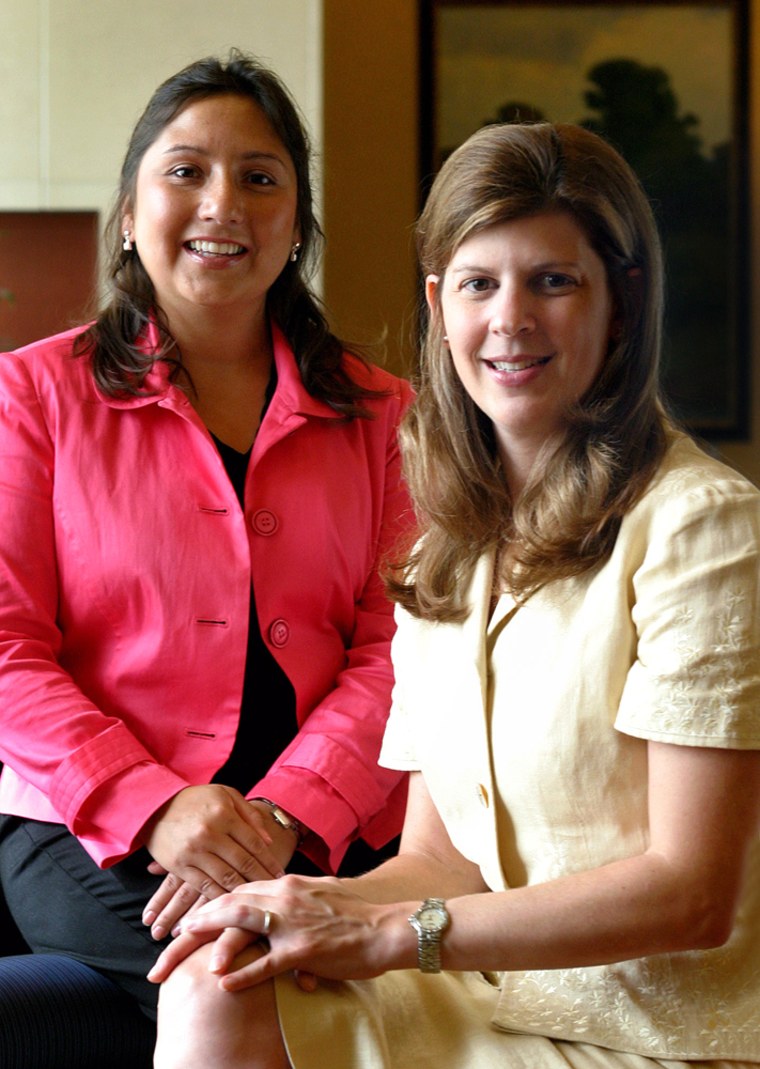A 1965 brochure for a new program at Michigan State University to educate U.S. utility regulators advertised the courses for “top industry men.”
Forty years later, the school’s Institute of Public Utilities is run by a woman.
The director, Jan Beecher, says it’s no longer unusual to find women at the forefront of regulating electric, telecommunications and other utilities after decades of male dominance.
Women began appearing on state and federal utility regulatory boards — either by appointment or election — in the 1970s, Beecher said. They now account for about one-quarter of the 228 seats on utility commissions across the country and in the Virgin Islands and Puerto Rico, she said.
The boards typically are charged with setting rates for natural gas and electricity customers, monitoring competition in the telecommunications industry and tracking states’ energy supplies.
“I don’t see too many all-male commissions anymore,” said Beecher, who started her career 20 years ago on the staff of the Illinois regulatory agency.
Women head commissions in a handful of states, and in Michigan this month, women took over two of the three full-time seats for the first time in the 132-year history of the state’s Public Service Commission.
Gov. Jennifer Granholm made that milestone reality when she appointed Monica Martinez, her liaison to the state Senate, to join Laura Chappelle on the commission.
Chappelle became the commission’s first female chair when she was appointed in 2001 by former Gov. John Engler. She lost her position as chair when Granholm made her first appointment to the commission in 2003 by naming J. Peter Lark to the post, but remained a commissioner.
Martinez, 31, said people are surprised when she introduces herself as a commissioner.
“I was getting this shocking, ‘Oh, you’re the commissioner?”’ she said. “Maybe they expected someone older. In many ways, I just don’t fit the mold.”
Men flooded regulatory boards years ago because utilities hired so many engineers, and most were men, said Diane Munns, president of the National Association of Regulatory Utility Commissioners.
Women began popping up on commissions as it became more valuable in the utility field to have backgrounds in business, law or government, said Munns, who spent 15 years as a regulatory attorney before being appointed to the Iowa Utilities Board in 1999. Deregulation was a big reason, as companies expanded into new areas such as marketing and began to deal with new legal issues.
“People are seeing that it’s good to have a legal approach, it’s good to have a business approach, it’s good to have an economic approach,” she said. “It’s good to have a lot of those disciplines.”
Chappelle, 41, was an attorney before her appointment four years ago. Before that, a woman had not served on the Michigan commission for 13 years.
Even though the number of women in utility regulation has grown in recent years, Chappelle said she still works mostly with men, particularly on cases that involve energy companies.
“The energy industry is not a female-dominated industry,” she said. “I think it’s hard as a woman in my job to go into a meeting with eight men in suits.”
Maine utilities commissioner Sharon M. Reishus, a former senior duty officer for the National Security Council and planner for the Central Maine Power Co., said she often was one of only a few women at large industry conferences before being appointed to her current job by Gov. John Baldacci in 2003.
“It’s just more apparent when you go to those meetings,” Reishus said. “It’s a very traditional field and not one that necessarily attracts a lot of younger people.”
Sharon Nelson, head of the Washington State Utilities and Transportation Commission from 1985-97, said she’s always made an effort to speak to groups of young women about opportunities in the utility and regulatory fields.
“For a while, governors were doing a good job of appointing women, and then for a time it seemed to fall back to needing engineering and operations people,” said Nelson, who now runs the consumer protection division of the Washington Attorney General’s Office. “Women in these positions should be promoting it so other women will follow.”
